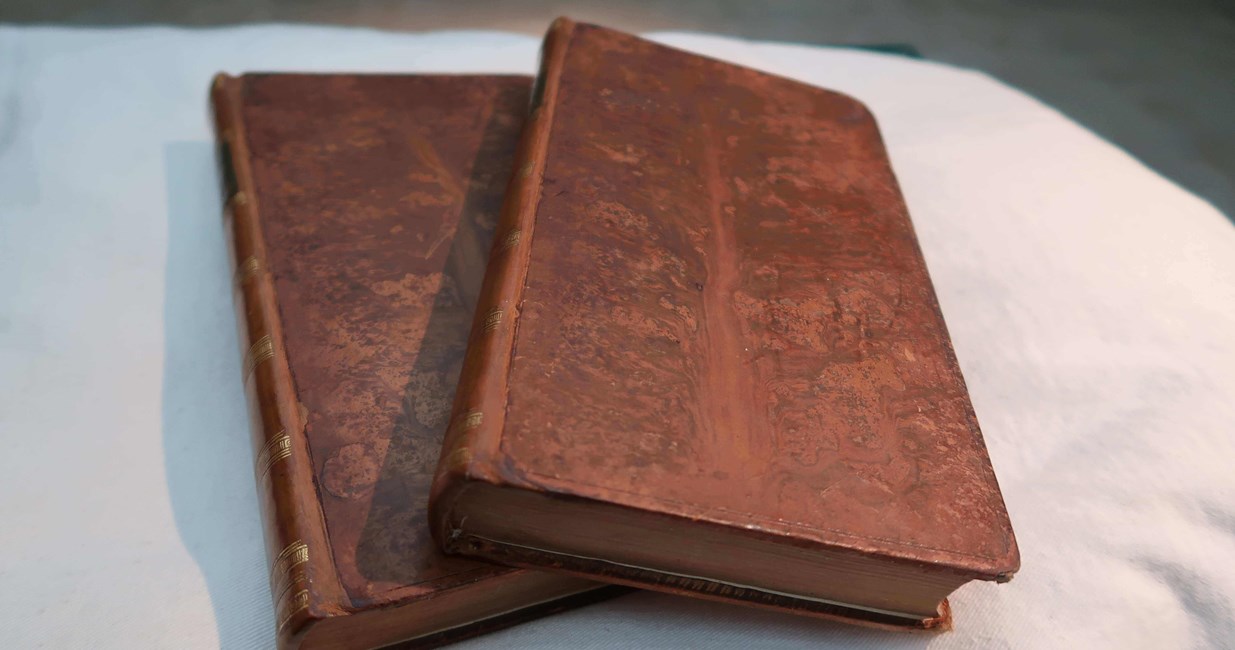Book Four
Of Systems of Political Œconomy
Having explained how an economy ought to work, if allowed sufficient freedom, Smith devoted much of Book Four to a sharp critique of the entrenched views of his time. These are usually classed as ‘mercantilism’ – a belief that an economy existed to strengthen the government. National wealth was to be measured by the amount of gold and silver held in reserve. This was necessary, first and foremost, to fight wars, many of which resulted in the expansion of territory.
The need to retain and expand this stockpile led to an obsession with the ‘balance of trade’ – the need to reduce imports, which saw gold leaving the country, and promote exports which saw more gold coming in. In Smith’s view, this led to distortions of the free market such as high import tariffs, protectionism and the creation of monopolies, all of which served the interests of a select few.
To attempt to increase the wealth of any country, either by introducing or by detaining in it an unnecessary quantity of gold and silver, is as absurd as it would be to attempt to increase the good cheer of private families, by obliging them to keep an unnecessary number of kitchen utensils. As the expense of purchasing those unnecessary utensil would diminish instead of increasing either the quantity or goodness of the family provisions; so the expense of purchasing an unnecessary quantity of gold and silver must, in every country, as necessarily diminish the wealth which feeds, cloths, and lodges, which maintains and employs the people.
Mercantilism in Operation
The two principles being established, however, that wealth consisted of gold and silver, and that those metals could be brought into a country which had no mines only by the balance of trade, or by exporting to greater value than it imported; it necessarily became a great object of political economy to diminish as much as possible the importation of foreign goods for home-consumption, and to increase as much as possible the produce of the domestick industry. Its two great engines for enriching the country, therefore, were restraints upon importation, and encouragement to exportation.
Mercantile jealousy is excited, and both inflames, and is itself inflamed, by the violence of national animosity: and the traders of both countries have announced, with all the passionate confidence of interested falsehood, the certain ruin of each, in consequence of that unfavourable balance of trade, which, they pretend, would be the infallible effect of an unrestrained commerce with thither.
Monopolies
Smith was particularly critical of how the mercantilist system operated towards Britain’s growing colonial empire. Restrictive trading arrangements, designed to inflate Britain’s exports, hindered the development of both the colonies and those parts of the home economy excluded from existing monopolies. When this trade was disrupted, for example by further war, the economy was disproportionately affected.
The industry of Great Britain, instead of being accommodated to a great number of small markets, has been principally suited to one great market. Her commerce, instead of running in a great number of small channels, has been taught to run principally in one great channel. But the whole system of her industry and commerce has thereby been rendered less secure; the whole state of her body politic less healthful, than it otherwise would have been.
Smith borrowed a medical analogy from his friend, the French Physiocrat philosopher, and doctor, François Quesnay.
Great Britain resembles one of those unwholesome bodies in which some of the vital parts are overgrown, and which, upon that account, are liable to many dangerous disorders scarce incident to those in which all the parts are more properly proportioned.’
‘A small stop in that great blood-vessel which has been artificially swelled beyond its natural dimensions, and through which an unnatural proportion of the industry and commerce of the country has been forced to circulate, is very likely to bring on the most dangerous disorders on the whole body politick.’
‘The blood, of which the circulation is stopt in some of the smaller vessels, easily disgorges itself into the greater, without occasioning any dangerous disorder; but when it is stopt in any of the greater vessels, convulsions, apoplexy, or death, are the immediate and unavoidable consequences.’
Absolute Advantage
To demonstrate further the absurdity of mercantilist ideas on controlling the import of goods, Smith uses an example of where one nation as an ‘absolute advantage’ in producing an item of the highest quality and at the best price.
The natural advantages which one country has over another in producing particular commodities are sometimes so great, that it is acknowledged by all the world to be in vain to struggle with them. By means of glasses, hotbeds and hotwalls, very good grapes can be raised in Scotland, and very good wine too can be made of them at about thirty times the expense for which at least equally good wine can be brought from foreign countries. Would it be a reasonable law to prohibit the importation of all foreign wines, merely to encourage the making of claret and burgundy in Scotland?


